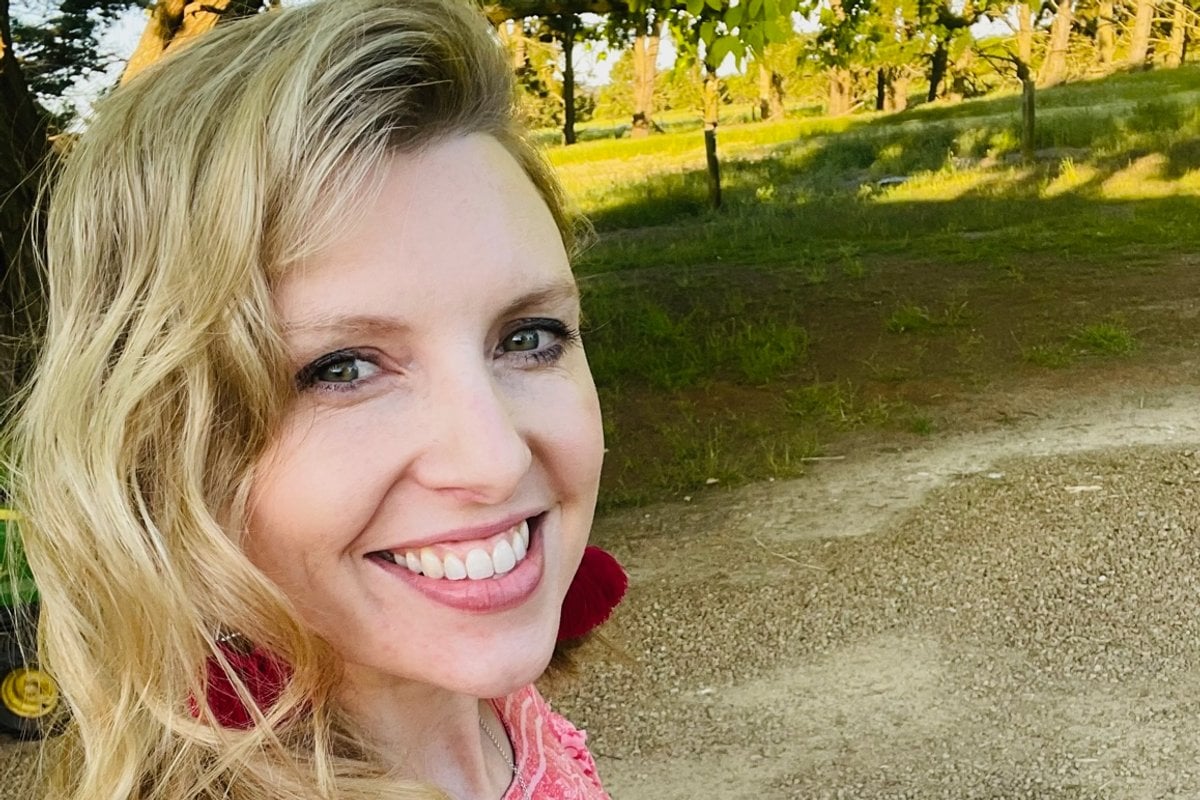
I turned 38 last week and my two boys joked, "You’re nearly 40, Mum. You’re old!"
But for all my life, I’ve been told how young 38 is. That’s the age my dad was when he died. "Oh, he was so young," has always been the immediate reaction from anyone, when I’ve had to explain how my father died from cancer when I was two years old.
So, now I’m 38 and it’s a strange feeling to reach the age your parent is forever frozen in time. Most people who have lost a parent young, will say reaching the age of your deceased parent is a birthday of mixed emotions.
Watch: 5 things no one tells you about grief. Post continues below.
I love birthdays; I love getting messages from my friends, going out or simply treating myself to something nice. And I got to do that this year too. But I also shed a tear. I realised I have always had a fear that I wouldn’t make it to 38.
Now I understand, this fear is completely irrational. I am, thankfully, a perfectly healthy 38-year-old. And I go through life, governed by logic, at least I like to think, most of the time. But there have been a few occasions where this fear has struck.


Top Comments